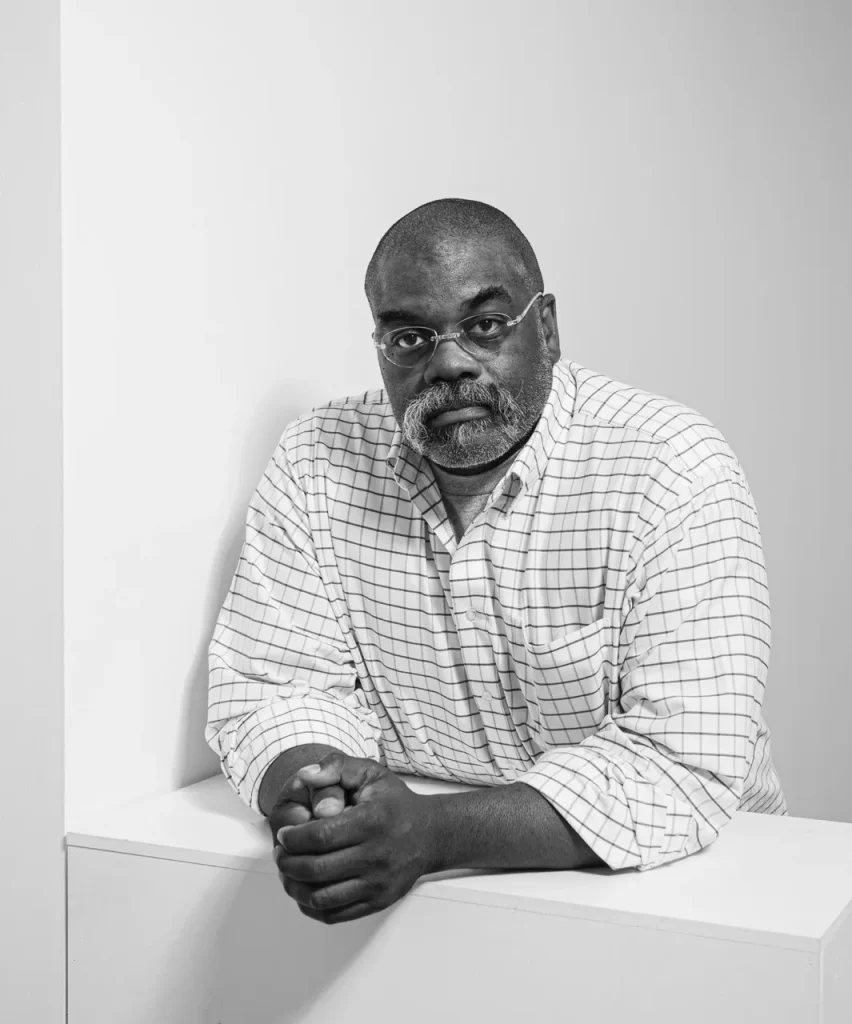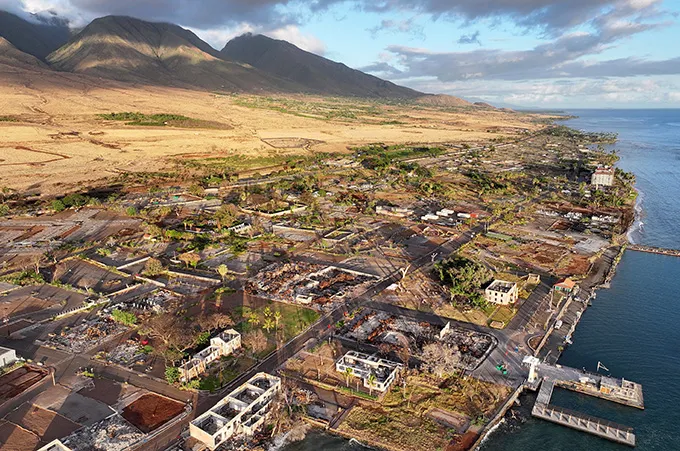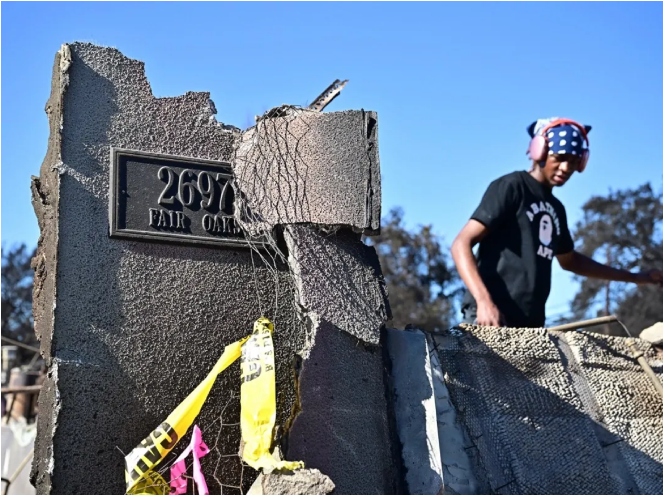Six months after the Eaton Fire scorched the hills of Altadena, a largely overlooked crisis is quietly unraveling in this historically Black community northeast of Los Angeles.
Dozens of residents, many of them Black, are now facing a new form of devastation: foreclosure, displacement, and the potential loss of generational wealth.
According to an analysis by Capital B, more than 30 fire-ravaged properties have been added to pre-foreclosure lists since the January blaze — with over half belonging to Black families, despite Black residents comprising less than 20% of Altadena’s population. The data signals a troubling trend unfolding as both state and federal foreclosure moratoriums have expired.
“It’s a nightmare,” said Everard Horton Williams Jr., 62, who lost his home in the fire.

Already grieving the death of his father last month — a loss he attributes in part to the trauma of displacement — Williams is now juggling mortgage payments, rent in Monterey Park, and caregiving for his 85-year-old mother, who no longer feels emotionally or financially capable of rebuilding their family home of 48 years.
“We’re seeing so many families now that are having to sell just for the value of the dead land,” Williams said, “because they don’t have enough insurance, the time, or the strength to rebuild.”
As the cost of insurance climbs and the housing market struggles to recover in disaster-prone areas, many low- and middle-income Black families find themselves with impossible options: sell at a loss, fall behind on mortgage payments, or face foreclosure. These forced sales are draining equity from families who had previously weathered financial storms — and now find themselves locked out of homeownership for good.
Research by climate risk firm First Street shows that extreme weather-related foreclosures are projected to increase by 380% in the next decade, with California, Florida, and Louisiana accounting for more than half of those losses. In 2025 alone, nearly 7% of all foreclosures in the U.S. will be linked to climate disasters.
“Mortgage markets are now on the front lines of climate risk,” said Jeremy Porter, head of climate implications at First Street. “Our modeling shows that physical hazards are already eroding foundational assumptions of loan underwriting and property valuation.”

In Altadena, that erosion is compounded by a tragic demographic shift: many of the original homeowners have died, leaving their heirs to navigate soaring reconstruction costs, inheritance taxes, and complex insurance claims. Public obituaries confirm that several fire-affected properties were owned by elderly Black residents who passed away in the months following the fire — echoing a broader trend seen across Southern California.
Rather than being rebuilt and retained within the community, many of Altadena’s charred lots are being snapped up by corporate investors. Of the nearly 150 fire-damaged homes sold since January, over 50% were purchased by corporate entities, including Black Lion Properties LLC, which has spent nearly $9 million acquiring at least a dozen lots. Six companies now control 42% of the fire-damaged properties in the area.
This rapid corporate consolidation echoes what has happened in Atlanta, where Wall Street’s bulk purchases of homes in majority-Black neighborhoods led to a $4 billion loss in Black home equity over a decade. The consequences are also being felt across other climate disaster zones like New Orleans and Houston, where post-storm housing policies have consistently failed Black residents.
Michael Lens, professor of urban planning and public policy at UCLA, says that despite efforts to equalize post-disaster assistance, Black families often find themselves “underinsured and unable to walk away from damaged property without losing everything.”
In interviews, displaced families describe feeling invisible — no longer in the headlines, no longer at the center of public concern.
“You can only be at the center of attention for so long before the next destructive thing pushes you down,” Williams said. “And that makes you vulnerable to lose it all.”
In the wake of tragedy, families like the Williamses are left fighting to stay afloat, their GoFundMe campaigns a lifeline amid a bureaucratic vacuum. Advocates say real investment is needed — not just in rebuilding homes, but in repairing the racial disparities that climate change and disaster recovery systems continue to deepen.

